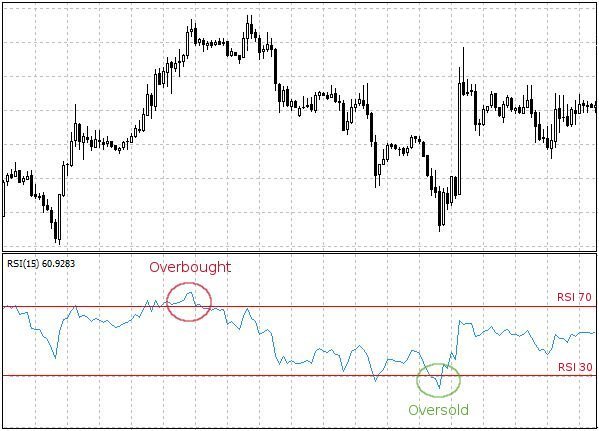Fundamental Analysis of Shares
Fundamental analysis of shares is a method of evaluating the intrinsic value of a company’s shares by examining its financial and operational performance. It involves analyzing a company’s financial statements, such as the balance sheet, statement of profit and loss and cash flow statement, as well as other key metrics, such as revenue growth, profit margins, and debt levels.
One of the key aspects of fundamental analysis is evaluating the company’s financial health. This involves analyzing the company’s liquidity, which is a measure of its ability to pay its short-term debts and obligations. This can be assessed by looking at the company’s current ratio, which is calculated by dividing its current assets by its current liabilities. A current ratio of 1.5 or higher is generally considered healthy, indicating that the company has enough liquid assets to cover its short-term obligations.
Another important aspect of fundamental analysis is analyzing the company’s profitability. This involves examining the company’s profit margins, which are a measure of how much profit the company generates per rupee of revenue. A company with high profit margins is generally considered more financially healthy than a company with low profit margins.

In addition to analyzing the company’s financial performance, fundamental analysts also consider the company’s industry and market conditions. This involves examining the overall health of the industry and the company’s competitive position within it. For example, if the industry is experiencing strong growth, this could be a positive sign for the company’s future prospects.
Conclusion : Fundamental analysis of shares is a valuable tool for investors looking to evaluate the intrinsic value of a company’s shares and make informed investment decisions. By carefully analyzing a company’s financial and operational performance, investors can gain a better understanding of the company’s strengths and weaknesses and make more informed decisions about whether to buy or sell its shares.
Various indicators for Fundamental analysis of shares

- Earnings per share (EPS) – This is the amount of profit a company generates per share of its stock. It is calculated by dividing the company’s net income by the number of outstanding shares.
- Price-to-earnings (P/E) ratio – This is the ratio of a company’s share price to its earnings per share. It is used to evaluate the relative value of a company’s stock compared to its earnings.
- Dividend yield – This is the percentage of a company’s share price that is paid out in dividends to shareholders. It is calculated by dividing the annual dividend per share by the share price.
- Return on equity (ROE) – This is the amount of net income a company generates in relation to its equity. It is calculated by dividing the company’s net income by its shareholders’ equity.
- Debt-to-equity ratio – This is the ratio of a company’s total debt to its total equity. It is used to evaluate the amount of leverage a company is using and its ability to pay off its debt.
- Free cash flow – This is the amount of cash a company generates from its operations after accounting for capital expenditures. It is used to evaluate a company’s financial health and ability to generate cash.
- Market capitalization – This is the total value of a company’s outstanding shares. It is calculated by multiplying the share price by the number of outstanding shares.
- PEG ratio – This is the ratio of a company’s price-to-earnings ratio to its earnings growth rate. It is used to evaluate the relative value of a company’s stock compared to its growth potential.
- Beta – This is a measure of a company’s volatility in relation to the overall market. It is used to evaluate the risk level of a company’s stock.
- Earnings surprise – This is the difference between a company’s actual earnings and the consensus earnings estimate. It is used to evaluate the performance of a company relative to market expectations.

Fundamental Analysis of Shares
You may also be interested in Technical analysis of shares.










